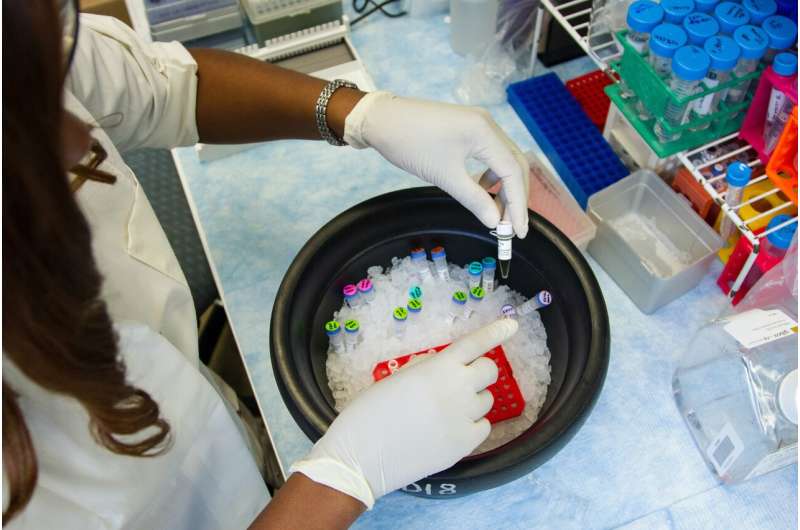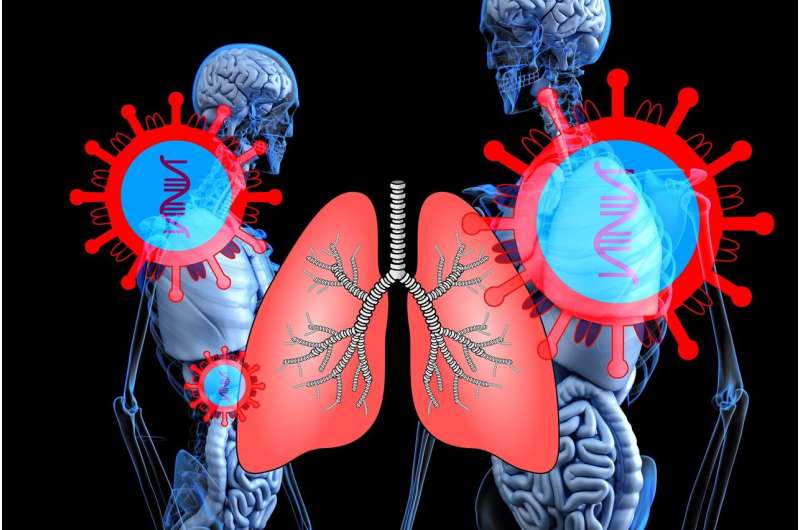Innovative AI Technology Identifies Hidden Cellular Subtypes to Enhance Precision Medicine

A new AI system called CellLENS enhances our understanding of cellular environments, uncovering hidden cell subtypes for more targeted cancer therapies and advancing precision medicine.
A groundbreaking artificial intelligence (AI) system has been developed to uncover subtle but critical cell subtypes within tissues, significantly advancing the field of precision medicine. This new tool, named CellLENS (Cell Local Environment and Neighborhood Scan), integrates deep learning techniques—specifically convolutional neural networks and graph neural networks—to create comprehensive digital profiles of individual cells.
Traditionally, identifying and understanding cancer cells relied on separate analyses of genetic information, protein expression, and cellular morphology, often missing the nuanced interactions and contextual clues crucial for effective treatment. CellLENS overcomes this by fusing these domains, allowing scientists to distinguish cells that, although appearing similar in isolation, exhibit different behaviors depending on their tissue environment.
The study, published in Nature Immunology, was a collaborative effort involving MIT, Harvard Medical School, Yale, Stanford, and the University of Pennsylvania, led by MIT postdoctoral researcher Bokai Zhu. Zhu highlighted how this technology shifts the paradigm: "Previously, identifying a T cell might have been straightforward, but with CellLENS, we can specify that this T cell is actively attacking a tumor boundary, providing vital information for targeted therapy."
By analyzing spatial and morphological features, along with molecular data, CellLENS can detect rare immune cell subtypes and their activity within various tissues, including healthy tissue, lymphoma, and liver cancer. These discoveries shed light on how immune cells infiltrate tumors or suppress immune responses, paving the way for more precise diagnostic tools and immunotherapies.
Experts like Alex K. Shalek emphasized the potential of such AI tools, stating, "We can now gather extensive information about individual cells within their tissue context, and translating that into therapeutic targets could revolutionize cancer treatment." This advance holds promise for identifying new biomarkers and developing therapies that are more accurately tailored to individual patients' tumor microenvironments.
The integration of deep learning in cellular analysis facilitates more detailed understanding of tumor biology, offering hope for more effective treatments and improved patient outcomes. As research continues, CellLENS exemplifies how AI-driven approaches are transforming biomedical science and personalized medicine.
Source: [https://medicalxpress.com/news/2025-07-ai-uncovers-hidden-cell-subtypes.html]
Stay Updated with Mia's Feed
Get the latest health & wellness insights delivered straight to your inbox.
Related Articles
Strategies to Halt the Spread of HIV in the Southern United States
The Southern United States has become a new hotspot for HIV infections. Increased education, testing, and access to treatment are vital to curbing this growing epidemic. Learn more about effective strategies to stop HIV in the South.
Initiatives to Eliminate Race-Based Bias in Lung Function Testing
Efforts are intensifying to remove race-based adjustments from lung function testing, aiming for fairer and more accurate pulmonary assessments based on environmental and social factors. leading to updates in medical guidelines and disability evaluations.
Using AI Scribes in Medical Consultations: What Patients Need to Know
AI scribes are transforming medical consultations by transcribing and drafting notes to save time, but they raise important privacy and safety concerns. Learn what patients should know about this emerging technology.



